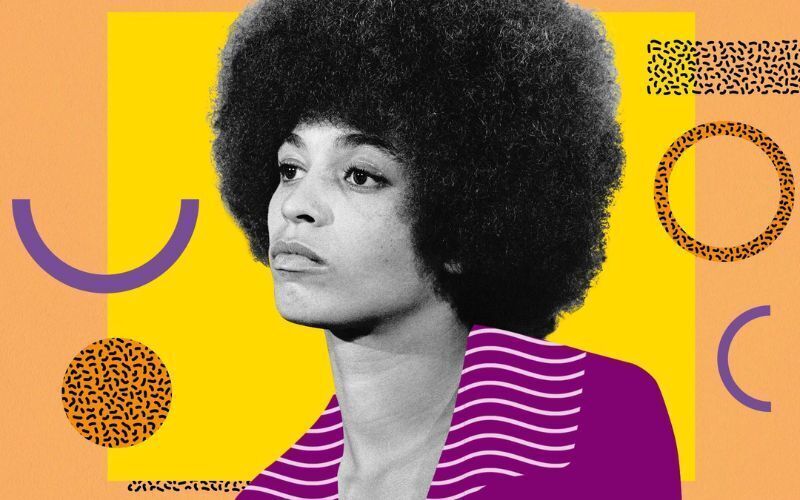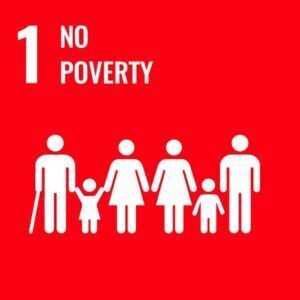There are numerous notable and important books on social justice issues that have made a significant impact on global conversations and understanding. Here are some influential books in the field of social justice:
The Wretched of the Earth by Frantz Fanon: This influential work explores the psychological and social effects of colonization and advocates for decolonization and the liberation of oppressed peoples.
Pedagogy of the Oppressed by Paulo Freire: This seminal book presents a critical pedagogy framework that addresses the relationship between education, oppression, and liberation. It emphasizes the need for dialogue, conscientization, and transformative action in education.
The New Jim Crow: Mass Incarceration in the Age of Colorblindness by Michelle Alexander: This book examines the systemic racism and discrimination within the U.S. criminal justice system, particularly focusing on the disproportionate impact on Black communities.
Women, Race, and Class by Angela Y. Davis: Angela Davis explores the intersections of race, gender, and class in this book, examining the experiences and struggles of women of color in the context of feminism and social justice movements.
The Souls of Black Folk by W.E.B. Du Bois: This classic work addresses the experiences of African Americans in the United States, delving into issues of identity, double consciousness, and racial inequality.
Pedagogy of Hope: Reliving Pedagogy of the Oppressed by Paulo Freire: Building upon his earlier work, Freire reflects on his ideas, the challenges of social transformation, and the role of education in fostering hope and agency.
Evicted: Poverty and Profit in the American City by Matthew Desmond: This book examines the impact of eviction on low-income individuals and families, shedding light on the cycle of poverty and housing instability in the United States.
Half the Sky: Turning Oppression into Opportunity for Women Worldwide by Nicholas D. Kristof and Sheryl WuDunn: This book highlights the issues faced by women around the world, including gender-based violence, lack of education, and economic empowerment, while also exploring stories of resilience and change.
Freedom Is a Constant Struggle: Ferguson, Palestine, and the Foundations of a Movement by Angela Y. Davis: Davis draws connections between different social justice movements and emphasizes the importance of solidarity in the fight against various forms of oppression.
Capital in the Twenty-First Century by Thomas Piketty: This book analyzes wealth inequality and the concentration of capital, providing a comprehensive historical and economic perspective on the challenges of inequality and its implications for society.
These books offer diverse perspectives on social justice issues and have contributed to shaping global conversations, inspiring activism, and promoting understanding and change.





